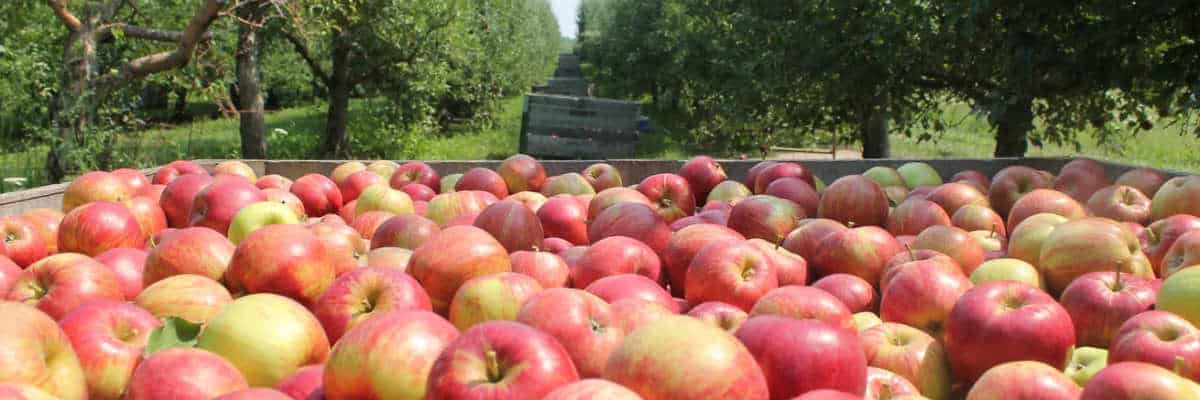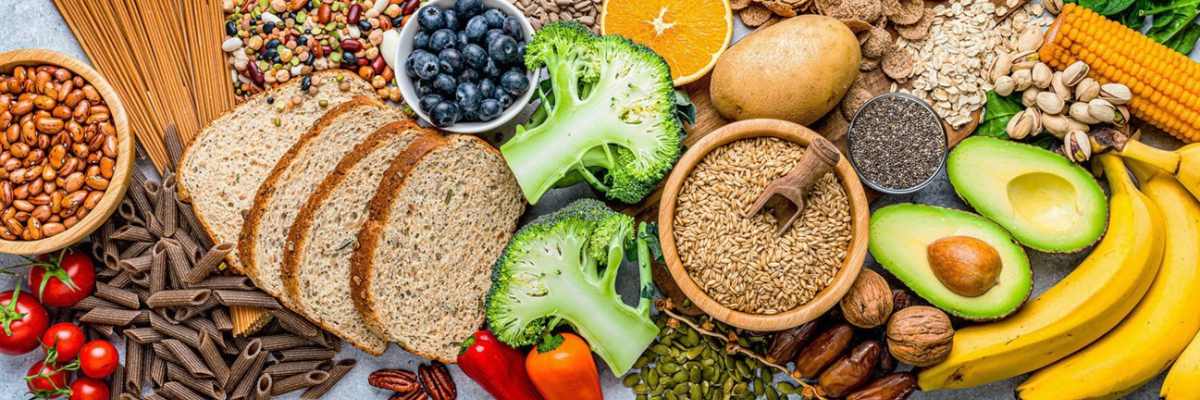What is insulin resistance?
Your body is designed to keep things in balance. When you eat a meal containing carbohydrates, proteins and fats, the breakdown of these macronutrients directly or indirectly produce glucose, known as blood sugar. Your body knows that too much sugar in the blood can damage the lining of the blood vessels. When glucose levels rise, your body will alert the pancreas, which will release insulin to bring your blood sugar into balance.
Carbohydrates drive a large release of insulin, protein a small amount, and fat doesn’t elicit any insulin response. We need carbohydrates as they are a primary source of energy to fuel bodily functions. Carbohydrates are not necessarily the bad guys. Blood sugar balance comes down to the type of carbohydrates you eat, your daily consumption and other lifestyle factors.
What does insulin do?
Insulin allows the uptake of glucose into cells to bring down your blood sugar. Glucose will be used by your body for energy straight away. Otherwise, it will be stored in muscles and the liver as glycogen, a substance deposited in cells as a store of glucose for later use. These organs have a certain capacity, and any excess glucose will be converted to fatty acids and stored in your fat cells.
The less muscle you have, the less space you have for storage and more glucose will be converted to fatty acids and stored in your fat cells. Insulin can be viewed as a fat storing hormone. Muscle mass maintenance is essential.
Insulin and glucagon are hormones that work together to manage your blood glucose levels. Blood sugar can drop when you are sleeping or doing exercise. When this happens glucagon will stimulate cells in the liver and muscles to convert glycogen back into glucose. This glucose will then be released to balance your low blood sugar.
What is insulin ‘resistance’ and how does it occur?
Lack of exercise, overeating, and poor food choices such as fast foods, sugary snacks or excess caffeine or alcohol, all contribute to insulin resistance. Stress can play a role too.
If these bad habits continue, insulin will be on full alert to move excess sugar into your cells. Over time, your body will become immune to this call and it will need to produce additional insulin to have the same effect. You become insensitive to your own insulin.
A word of caution, even slim people get insulin resistance. Just because you are slim on the outside, doesn’t mean you are slim on the inside. “Skinny” fat refers to someone with a normal body mass index and weight but low muscle mass. That’s why it’s so important to build that muscle!
How do you know if you are insulin resistant?
- Increased hunger
- Ongoing lethargy and fatigue
- Brain fog
- Weight gain around your middle
- High blood pressure
- High cholesterol levels
If you don’t nip this in the bud, this can escalate into Type 2 diabetes.
How can you reduce insulin resistance?
- Eat three meals a day at regular times and moderate portion sizes.
- Keep your snacks small. You could have a piece of fruit with up to 20 nuts, vegetables with hummus, or yogurt with seeds, nuts and berries. Try not to snack all day long. Ideally, you should be able to manage without snacking, but if you need to, one or two snacks per day would be sufficient.
- Eating protein with carbohydrates can be helpful.
- Have a small amount of apple cider vinegar after a carbohydrate-rich meal.
- Add cinnamon to foods.
- Cut out table sugar, high-fructose corn sugar, honey, syrup and agave syrup.
- Alcohol also contains sugars that can spike insulin.
- Avoid refined carbohydrates such as lollies, cookies, sodas, baked goods and processed bread and pasta. Complex carbohydrates such as whole grain breads, brown rice, barley, oats, spelt, quinoa, millet or kamut are better choices.
- Green tea can help to balance insulin.
- Adopt a weekly exercise routine.
- Manage your stress.
Carbohydrates are not inherently bad for you. It’s just important that you choose the right kinds of carbohydrates.Your body is amazing at knowing what needs to be done to get you into balance. Your role is to support it as much as you can by making healthy dietary and lifestyle choices.
References:
Balch, J.F., Stengler, M. & Balch, R.Y. (2016). Prescription for Natural Cures, New Jersey, United States: John Wiley and Sons
Holford, P. (2005) The Holford diet, United Kingdom: Piatkus Books
Sears, B. Perry, M. (2015) The Role of Fatty Acids in Insulin Resistance. Available from https://lipidworld.biomedcentral.com/articles/10.1186/s12944-015-0123-1
The Biostation. Insulin and Insulin Resistance: Causes, Symptoms, & Treatments. Available from https://thebiostation.com/bioblog/insulin-and-insulin-resistance/
Weaver, L. (2010) Accidentally Overweight, Little Green Frog Publishing Ltd.
Wilcox, G. (2005) Insulin and Insulin Resistance. Available from https://www.ncbi.nlm.nih.gov/pmc/articles/PMC1204764/






